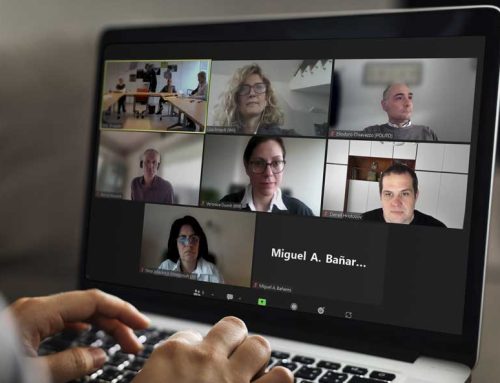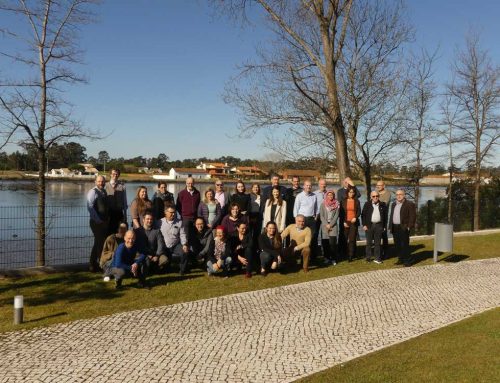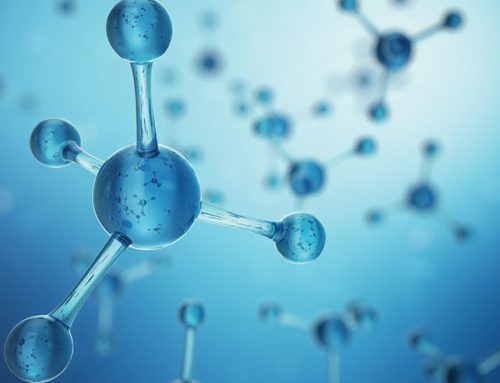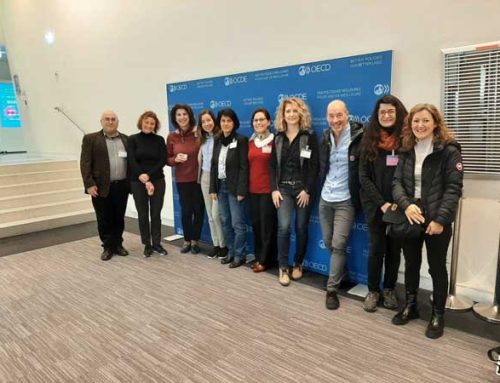21 October 2019 | Leiden (The Netherlands)
The Faculty of Science and the Leiden Institute of Chemistry are looking for a Postdoctoral
Fellow for the research project entitled: Development of physical mesoscopic nanoparticle descriptors for (eco)-toxicity
Description of the project
Computational procedures that enable safe-by-design strategies for engineered nanomaterials (ENM) are part of a multi-disciplinary and multi-scale treatment that ranges from physical modelling, to characterize the diverse physical properties of ENM at diverse scales, to statistical/pharmaco-kinetic modelling for predicting ENM toxicity in humans and in the environment. The exciting research project NanoInformaTIX (“Development and Implementation of a Sustainable Modelling Platform for NanoInformatics”, H2020 grant, Grant Agreement number: 814426, https://www.nanoinformatix.eu/ ) aims at bringing together state-of-the-art research in these diverse disciplines into one project. In the BPOC group in Leiden, the focus will be on physical modelling. In particular, we aim at applying systematic coarse-graining procedures and hybrid mesoscopic methodologies to generate CG nanoparticle representations of diverse materials for quantifying the NP-NP interactions, interactions of NPs with proteins in the blood and with lipid membranes, all at the mesoscopic scale. The overall goal of NanoInformaTIX is to develop, validate and implement a Sustainable Nanoinformatics Framework (SNF) for the risk assessment of engineered nanomaterials (ENM) about their potential (eco)-toxicity and for informing safer design of quality products.
The project in Leiden is part of the materials modelling activities in NanoInformatix, which are carried out by 12 EU and overseas partners and headed by Pietro Asinari of POLITO (Torino, Italy).
Consequently, our research will build both on data available in the literature and on the research outcomes within the project, for instance stemming from quantum and MD modelling in other groups, and thus requires frequent contacts with partners.
Selection Criteria:
• We are looking for a creative, out-of-the box thinking, highly qualified and motivated candidate
that holds a PhD degree in computational chemistry, physics, engineering or related areas;
• Good communication/writing skills and good to excellent proficiency in English;
• The candidate should be able to work independently;
• The candidate should have a strong background in theoretical and computational materials
modelling, and possess proven expertise in molecular dynamics (MD), CGMD and/or other
modern coarse-grained methodologies. Experience with systematic coarsening procedures,
high-performance computing, databases, Machine Learning and coding in C/C++/Python is a
strong plus;
• The research needs to start before February 2020.
Host institution
Leiden University is ranked in the top 70 of leading Universities worldwide and belongs to the highest ranked European Universities. Leinde University is the oldest university in the Netherlands, offering education to about 15,000 students in a wide range of studies.
Research at our faculty and institute
The Faculty of Science is a world-class faculty where staff and students work together in a dynamic international environment. It is a faculty where personal and academic development are top priorities. Our people are committed to expand fundamental knowledge by curiosity and to look beyond the borders of their own discipline; their aim is to benefit science, and to make a contribution to addressing the major societal challenges of the future. The research carried out at the Faculty of Science is very diverse, ranging from mathematics, information science, astronomy, physics, chemistry and bio-pharmaceutical sciences to biology and environmental sciences. The research activities are organized in eight institutes. These institutes offer eight bachelor’s and twelve master’s programs. The faculty has grown strongly in recent years and now has more than 1,300 staff and almost 4,000 students. We are located at the heart of Leiden’s Bio Science Park, one of Europe’s biggest science parks, where university and business life come together.
The chemistry and life science research in the Leiden Institute of Chemistry (LIC) is organized around two major research areas: ‘Chemical Biology’ and ‘Energy & Sustainability’. The institute’s research themes illustrate the central position of chemistry between biology, medicine and physics. The various research topics carried out within these themes are ideal for executing interdisciplinary research. The Biophysical Organic Chemistry research group hosts experts in diverse topics in a vibrant intellectual environment, ranging from state-of-the-art computational techniques at the electronic (QM), atomistic (MM, MD) and coarse-grained (CGMD, DPD, SCFT) scales to experimental imaging and characterization techniques at a variety of length and time scales (with a focus on NMR).
Terms and conditions
We offer a full-time position for initially one year, with possible extension for another year after positive evaluation of the progress of the research. Salary range from €3.255,- to €4.274,- gross per month (pay scale 10 in accordance with the Collective Labour Agreement for Dutch Universities). Leiden University offers an attractive benefits package with additional holiday (8%) and end-of-year bonuses (8.3%), training and career development and sabbatical leave. Our individual choices model gives you some freedom to assemble your own set of terms and conditions. Candidates from outside The Netherlands may be eligible for a substantial tax break.
Diversity
Leiden University is strongly committed to diversity within its community and especially welcomes applications from members of underrepresented groups. We particularly encourage women to apply.
Information
Enquiries can be made to Dr. Agur Sevink ([email protected]). If you have any questions about the procedure, please contact the secretary of the ‘Biophysical Organic Chemistry’ group Mrs. Liesbeth van der Velden ([email protected]), telephone: +31 (0)71 527 4539.
Applications
To apply for this vacancy, please send no later than November 15th, 2019 an email to Mrs. Liesbeth van der Velden [email protected].
Please ensure that you join to your application the vacancy number and the following documents:
• A cover letter explaining why you are interested in the position/research topic
• A recent Curriculum Vitae, covering all relevant scientific publications and experience
• Up to three letters of recommendation






Leave A Comment